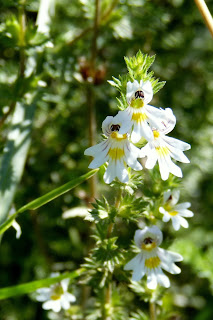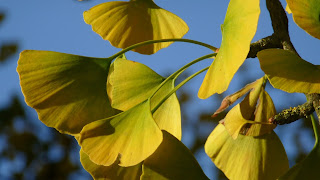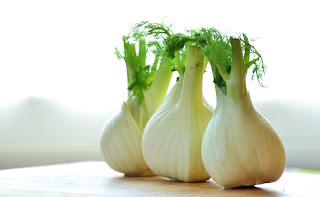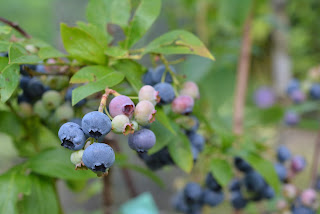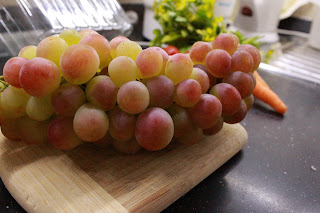Most common eye conditions come on so slowly that people may not develop noticeable symptoms until the disease has become severe. The best strategy for healthy eyes is regular eye examinations. Early detection and prompt treatment can prevent significant visual loss.
The eyes, liver, and skin share similar nutritional requirements and they all are prone to damage from inflammation. Oxidative damage, toxic buildup and decreased circulation to your eyes cause eye disease.
Eyebright (Euphrasia officinalis) soothes tired and inflamed eyes. It has been used both internally and externally to soothe tired and bloodshot eyes and to treat styes, conjunctivitis, and inflammation of the eyelid edges.
Eye Inflammation
Eyebright Tea
Ingredients
- 1 tsp fresh or dried eyebright herb
- 1 1/2 cups water
Directions
- Boil herb in 1 1/2 cups of water for 1 minute
- Strain the herb with a fine strainer into a container and let it cool
- Dip a small cotton pad in the liquid and use it as a compress three to four times daily
- The tea can be stored in the fridge and warmed before using it.
Cataracts, Pink Eye and Bloodshot Eyes
For cataracts, weeping eye, pink eye (conjunctivitis), bloodshot and strained eyes, eyebright tincture may help when used as an eyewash. To make an eyebright eyewash, mix 5-8 drops of tincture in 2 cups of cool filtered water or boil 1 teaspoon of eyebright in 1 1/2 cups of water. Dilute the strained tea in a cup of cool water. Washing the affected eyes with this eyewash every 4 hours may alleviate the symptoms.
Ginko Biloba (Ginkgo biloba) improves blood flow to the retina, the light-sensitive tissue at the back of the eye. It is antioxidant and protects nerve cells including those in the eye. Ginkgo leaves contain flavonoids and terpenoids which are potent antioxidants. Antioxidants prevent the development of serious diseases such as cancer, heart disease, stroke, Alzheimer’s disease, rheumatoid arthritis, and cataracts.
The flavonoids found in ginkgo may help reduce or cure the symptoms of some retinal problems including ARMD (age-related macular degeneration) which is a leading cause of blindness in the elderly. It also benefits people with cataracts. Use 6-12 drops in juice or water, take 3 times daily.
Fennel (Foeniculum vulgare) is useful for eye inflammation and infection. This is because it is rich in volatile oils which are anti-microbial.
Fennel seeds are used to make a tea for an eyewash. To make the eyewash, take a teaspoon of fennel seeds and put in a mortar and pestle. Crush the seeds so the volatile oils are released. Put the seeds in a tea ball in a cup and pour boiling water in the cup. Steep for 5-10 minutes then cool the tea and use it as a compress or eyewash 3-4 times a day.
To use as an eyewash, take a dropper or pipette and drop 3-4 drops in your eye 3 times daily. Refrigerate any leftover eyewash to use the next day, just warm up to room temperature.
Bilberry (Vacinium myritillus L.) is a botanical relative of the blueberry and cranberry. It is a low-growing shrub with flowers seen in red, blue and purple colors native to Northern Europe. The antioxidant anthocyanosides in bilberries helps protect the retina and is a treatment for retinal damage (retinopathy). Bilberry also protects against macular degeneration, glaucoma, and cataracts.
Bilberry Tea
Ingredients
- 1 tbs crushed dried bilberries
- 1 cup of boiling water
Directions
- Add the dried berries to boiling water
- Boil for 10 minutes then strain
- Drink 2-3 cups a day
The usual dose of dried bilberries is approximately 3 tablespoons a day. The maximum daily dose is 60 g of dried berries.
To make a bilberry leaf tea, pour boiling water over 1 1/2 teaspoons of dried leaves, steep for five to ten minutes and strain.

